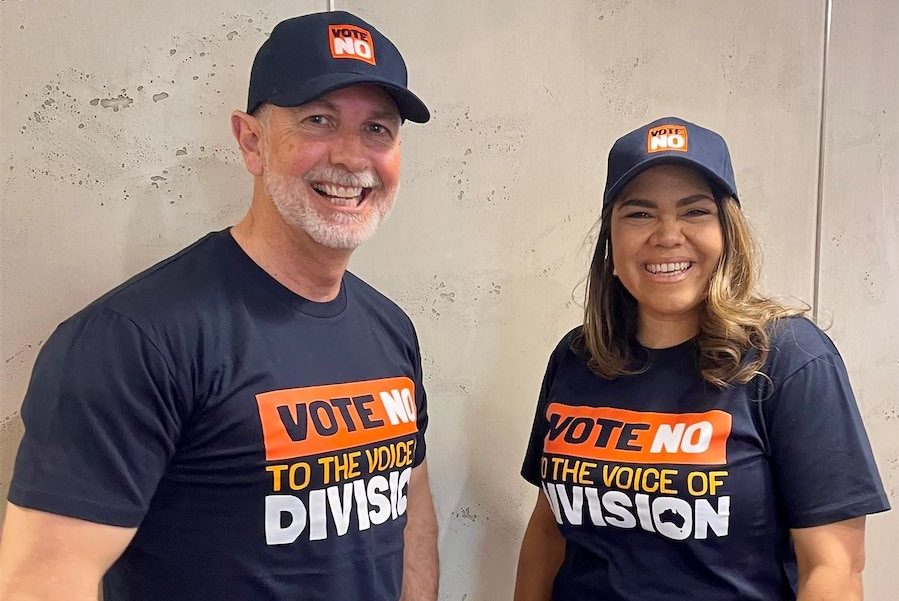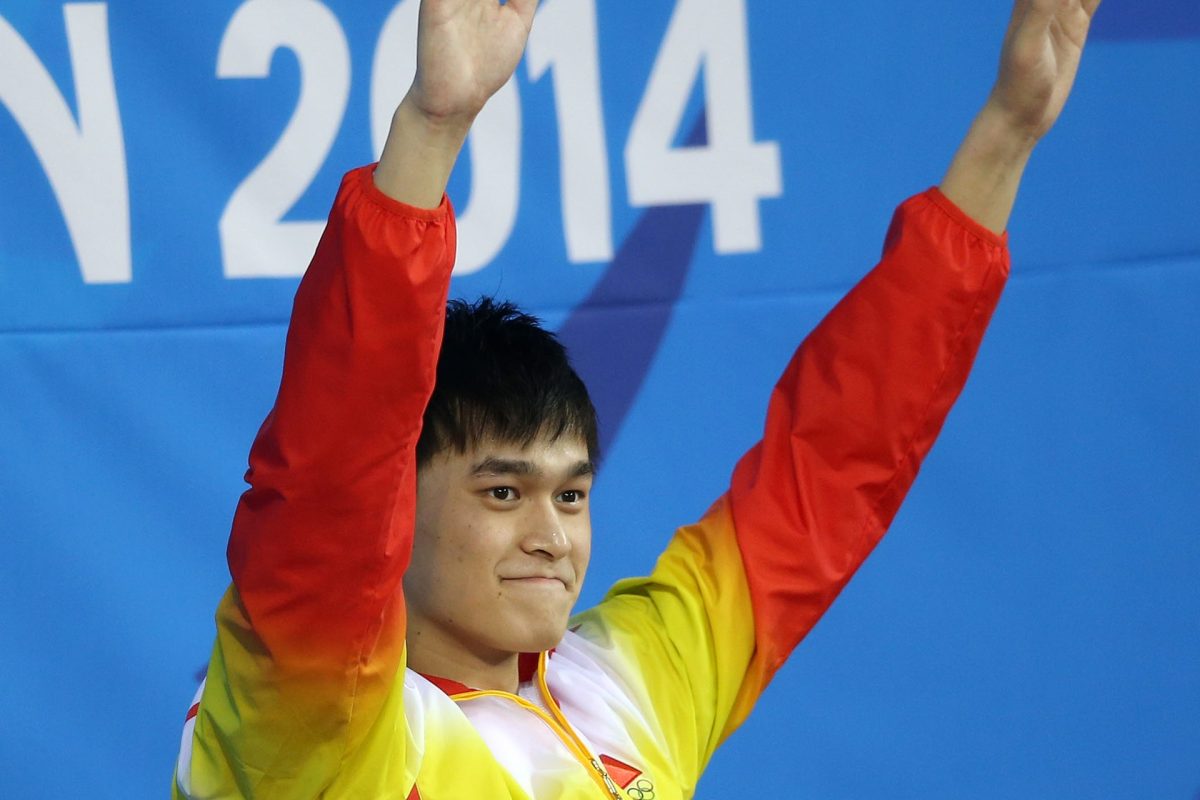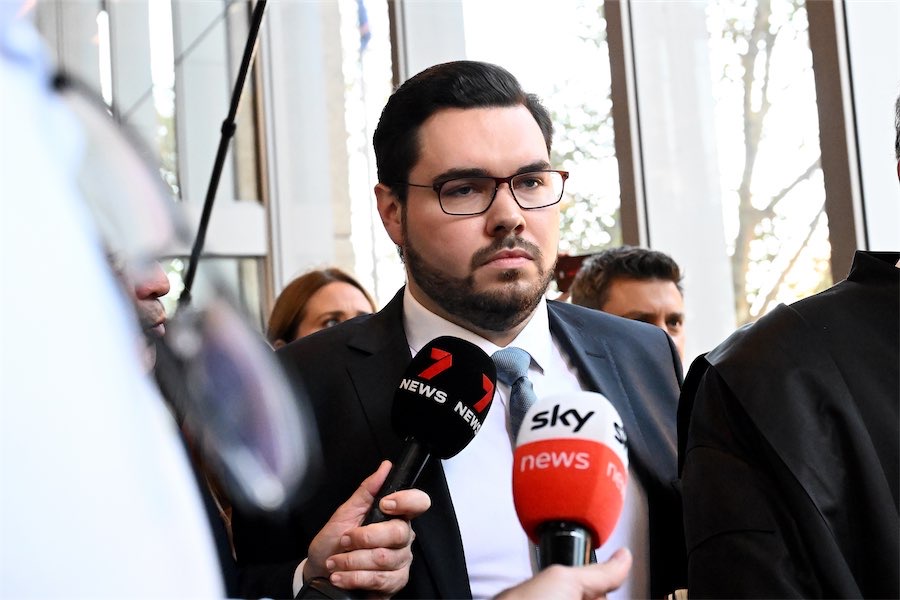
“If the Voice referendum is defeated it will not be because Australians lack goodwill towards indigenous people but because we want to remain united as a nation,” writes MLA JEREMY HANSON in this opinion piece in support of the “No” case on October 14.
AUSTRALIANS are changing their mind on the Voice. The more they see from the “Yes” campaign the more likely they are saying “no”. What has happened?
The starting point for many Australians was to say “yes” to the Voice. This was because we all want to see better outcomes for indigenous people and the Voice was initially presented as a moderate proposal that would make a positive difference.
Earlier this year support for the “yes” vote was sitting at 71 per cent and the “no” case had only 29 per cent. A series of recent polls now show that more than 60 per cent of Australians say that they will be voting “no” to the Voice. This includes a poll showing almost half of all Canberrans will vote “no”.
People are rightly cautious about any change to our constitution and want to see the detail of the proposed Voice to parliament to justify any change.
Advocates for the Voice have failed to provide adequate explanation about how the Voice would be structured, what issues it would address, who would be on it and how it would work.
Simple inconsistencies; such as the prime minister telling one audience the Voice is a “modest request”, then telling another audience that we should not “content ourselves with modest change” has sowed confusion and doubt. The mixed messaging has left many feeling they do not trust this federal government and question its real intention.
Questions about the scope of the Voice and whether it will be engaging on issues such as Australia Day, have not been answered coherently. The Voice having direct access to executive government will stifle and slow bureaucratic decision making and its independent advice to the government.
The number of pages that comprise the “Uluru Statement from the Heart” is another example of confused messaging from advocates. The same people who insist it is one page recently published an official history of the Voice saying it is 15 pages.
What Australians have also discovered about the Voice is its very divisive nature. Australians are quite naturally hesitant to give rights and privileges to one group of citizens based only on their race. It creates an inequality of citizenship that goes against the spirit of what it means to be Australian.
Many former “yes” supporters have also come to realise that the Voice is creating division across Australia, including amongst indigenous people. We have seen and heard from many indigenous people saying this change does nothing to help them and their communities, but only serves to split the country permanently on racial lines.
Indigenous Australians in remote Australia have also disputed the idea that their very diverse communities can be represented by a group of appointed people as a single Voice, as Warren Mundine said: “A national Voice cannot speak for country.”
The fact that several prominent Voice campaigners have made it clear the Voice is a stepping stone to treaty and reparations has created legitimate doubt and concern among voters.
The aggressive attitude of advocates has been a turn off for many Australians. Some “Yes” campaigners have used incredibly dismissive and derogatory terms against anyone who questioned the proposal, even when those questions are totally reasonable.
Against this background, the “No” campaign has presented a clear and consistent message that the Voice is divisive and lacks detail. It has been led by authentic grassroots leaders like Senator Jacinta Nampijinpa Price, who has said “This Voice will not unite us, it will divide us by race.”
If the Voice referendum is defeated it will not be because Australians lack goodwill towards indigenous people but because we want to remain united as a nation.
What could have been a unifying moment of almost universal agreement on indigenous recognition in the constitution, has been squandered by a prime minister who has failed to respect millions of ordinary Australians by a proposal that institutionalises racial division in our founding document and effectively takes Australia backwards.
Jeremy Hanson MLA is the deputy leader of the Canberra Liberals
Who can be trusted?
In a world of spin and confusion, there’s never been a more important time to support independent journalism in Canberra.
If you trust our work online and want to enforce the power of independent voices, I invite you to make a small contribution.
Every dollar of support is invested back into our journalism to help keep citynews.com.au strong and free.
Thank you,
Ian Meikle, editor





Leave a Reply